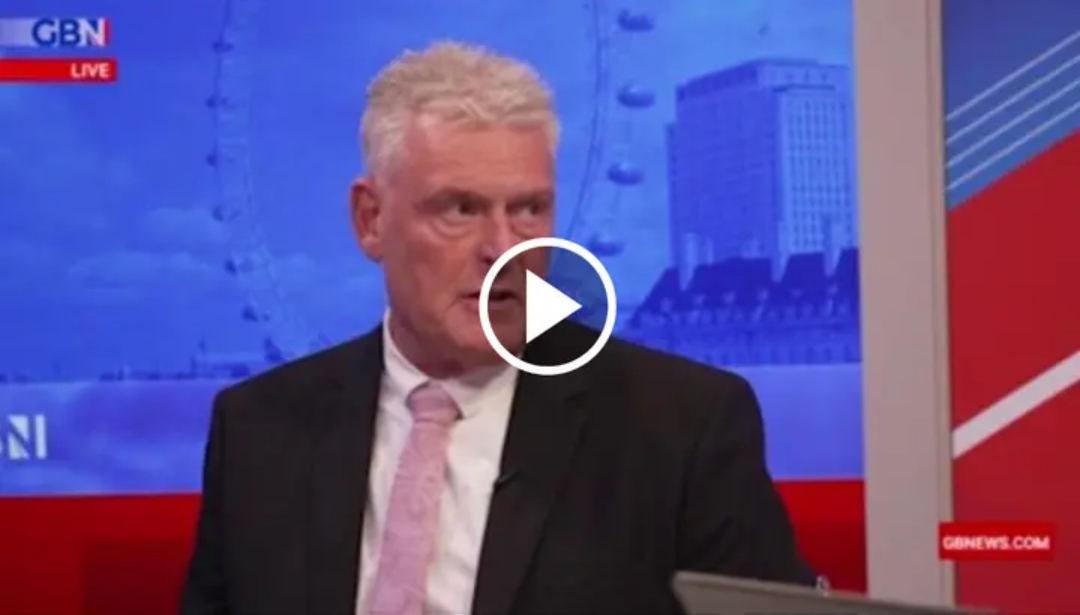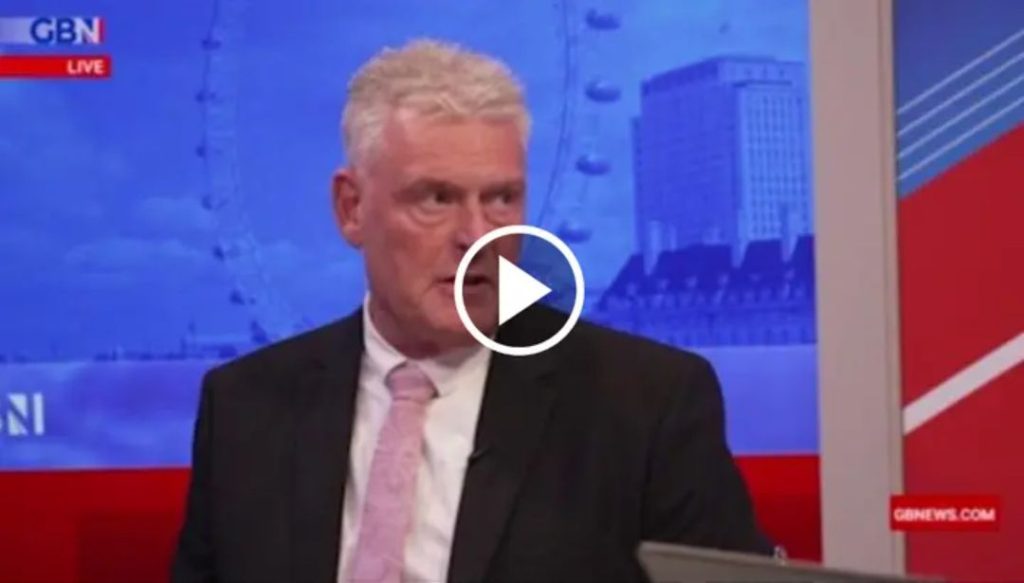
In a recent segment on GB News discussing the Rwanda bill, former Conservative Party deputy chairman Lee Anderson ignited a contentious debate by suggesting that the Archbishop of Canterbury should house illegal migrants in the numerous spare rooms at Lambeth Palace. The comment comes amid ongoing discussions on immigration policies and the treatment of asylum seekers in the United Kingdom, prompting a closer examination of the responsibilities of religious institutions in addressing societal challenges.

According to GB News, The conversation unfolded as Anderson expressed concerns about potential delays and amendments to the Rwanda bill, citing influential individuals advocating for changes. Anderson specifically pointed to the church’s involvement, focusing on the Archbishop of Canterbury and Lambeth Palace—a substantial residence with hundreds of empty rooms.
In a candid statement, Anderson remarked, “Let’s hope they don’t mess about with it too much over the next few weeks. I suspect they probably will. A lot of do-gooders in there. I noticed the church was piping up this morning. And I will say to the church and the Archbishop of Canterbury while I’m on here, he’s got a big place just across the road Martin, I walk past that every day. It’s called Lambeth Palace, it’s got hundreds of empty rooms. We’re struggling for accommodation at the moment. Put them in there.”
This suggestion to house illegal migrants within Lambeth Palace has sparked a robust public discussion, raising questions about the role of institutions, particularly religious ones, in addressing issues related to immigration and asylum seekers. The idea of repurposing spaces within religious establishments for humanitarian purposes adds a unique layer to the ongoing national conversation.
When the conversation shifted to the employment of illegal migrants, Anderson expressed dissatisfaction, characterizing it as a “pull factor.” He acknowledged the existence of a scheme allowing asylum seekers, under specific conditions, to apply for permission to work in sectors facing shortages after residing in the country for over 12 months.
However, Anderson voiced strong reservations about this policy, stating, “I’m not happy about it. I don’t think anyone who arrives here illegally should be given permission to work. I think they should be swiftly removed.” His comments underscored the need for a more stringent approach toward illegal immigration, emphasizing the importance of genuine asylum seekers claiming refugee status in the first safe country they reach.
The remarks made by Anderson have drawn attention to the complex and divisive nature of discussions surrounding immigration policies in the UK. The suggestion of utilizing available space in religious institutions like Lambeth Palace for housing illegal migrants adds a distinctive dimension to the ongoing debates, prompting further reflection on the roles of various entities in addressing humanitarian challenges.




